by Abbie Walker
One of my favorite areas of the Lemuria store is the Southern fiction section. Nestled in a corner of the fiction room behind a bust of Eudora Welty, this part of the store is one I love to explore. From Rick Bass to Alice Walker, and everyone in between, the shelves are filled with some of the best writers that speak to my southern spirit. So when I came across Margaret Eby’s South Toward Home, I was instantly intrigued.
South Toward Home, whose title is a play off Willie Morris’ North Toward Home, is a literary road map of the South. From Oxford and Jackson to New Orleans and Gainesville, Eby takes you on a tour of some sites with famous southern author connections. Eudora Welty’s garden, William Faulkner’s liquor cabinet, and John Kennedy Toole’s hot-dog carts are just a few of the places covered. Eby does an excellent job of describing each setting, drawing upon text from the authors’ works to show if and how their surroundings influenced their writing.
I love how Eby was able to tie her personal travel journey into her literary discoveries. She expertly planted me in a place by describing how it looked in the present, while also weaving in quotes from the author to create a rich history of the landmark. I enjoyed getting to travel to places near and far with Eby, in particular, Eudora Welty’s garden. I loved hearing Eby’s take on this local treasure. I learned more about the authors I’ve read and got to know the ones I’m not that familiar with. Eby’s research, as well as her own reading experiences, made me want to read more of not just the authors she mentioned, but also more southern writers in general.
I especially appreciated how Eby compared these landmarks. She discussed how one writer’s house may have been turned into a museum, while another was torn down. Some towns proudly use an author’s spot as a tourist attraction, while others are hesitant to acknowledge its existence. It was interesting to see how certain places have changed over the years and how the community has responded to them.
 One of my favorite chapters of Eby’s journey was the one about Flannery O’Connor’s peacocks. It was entertaining to read about her house in Georgia where she raised all sorts of birds and where her peacocks still roam today. Having background information about O’Connor and the other southerners mentioned gives me a better understanding of their writing and what inspired them.
One of my favorite chapters of Eby’s journey was the one about Flannery O’Connor’s peacocks. It was entertaining to read about her house in Georgia where she raised all sorts of birds and where her peacocks still roam today. Having background information about O’Connor and the other southerners mentioned gives me a better understanding of their writing and what inspired them.
Whether you’re new to Southern fiction or a long-term reader of those below the Mason-Dixon, Eby’s road trip will inspire a literary pilgrimage of your own.

Lemuria also has a very limited number of signed first editions of South Toward Home available here.


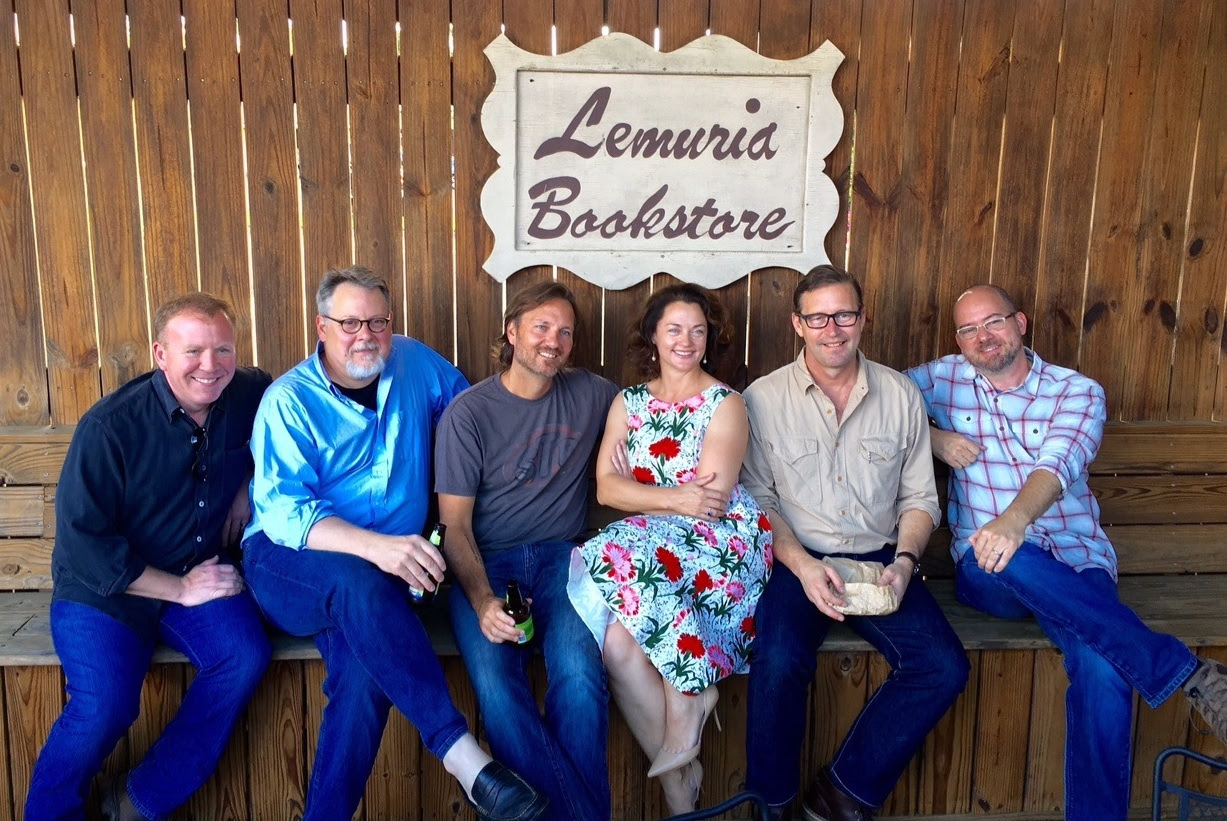
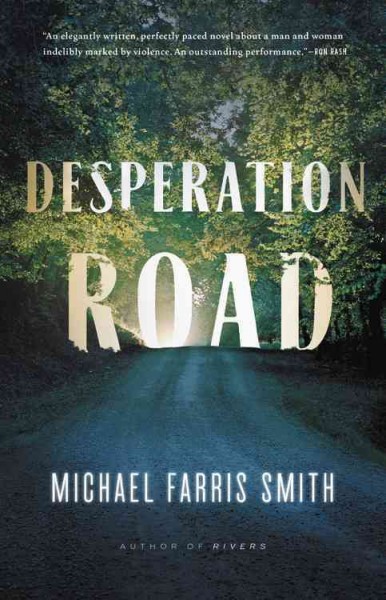 The story carries forth the story of the woman–Maben–and her daughter, Annalee, from the harshness of the sun to the darkness of the night. As a reader, you feel like you’ve experienced so much by the time the alternate protagonist, Russell Gaines, even enters the novel.
The story carries forth the story of the woman–Maben–and her daughter, Annalee, from the harshness of the sun to the darkness of the night. As a reader, you feel like you’ve experienced so much by the time the alternate protagonist, Russell Gaines, even enters the novel.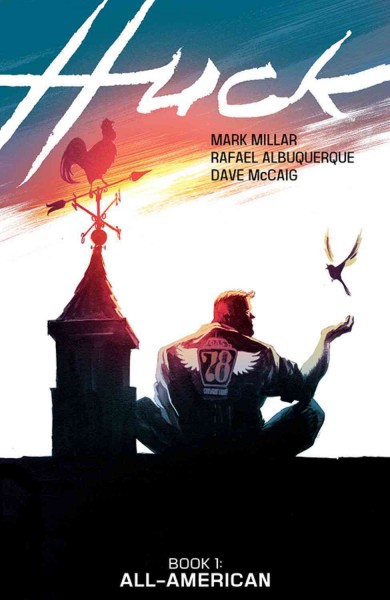 Mark Millar, a Marvel Comics veteran, has since said that his inspiration when writing Huck was the film Man of Steel, which he felt portrayed a very depressing, serious version of the superhero-archetype. The eponymous character of Huck is his response; a simple small-town handyman with Superman-esque powers, an optimistic attitude, and a desire to help people. The result is a heartwarming adventure drawn by Eisner-nominated artist Rafael Albuquerque that is most certainly one of my absolute favorites of the last few years.
Mark Millar, a Marvel Comics veteran, has since said that his inspiration when writing Huck was the film Man of Steel, which he felt portrayed a very depressing, serious version of the superhero-archetype. The eponymous character of Huck is his response; a simple small-town handyman with Superman-esque powers, an optimistic attitude, and a desire to help people. The result is a heartwarming adventure drawn by Eisner-nominated artist Rafael Albuquerque that is most certainly one of my absolute favorites of the last few years.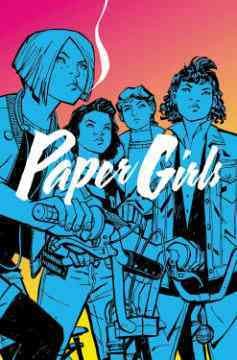 For those of you who don’t know, the Will Eisner Comic Industry Awards, or “the Eisners”, are awards given every year for achievements in comic books. The 2016 Eisner for “Best New Series” went to Paper Girls by Brian K. Vaughan (also the writer ofSaga, another great series.) and it doesn’t take an expert to see why. Paper Girls is a fast-paced adventure story with the backdrop of ‘80s suburbia, and a plot filled with elements of science-fiction, mystery, and nostalgia that pairs well with the art of co-creator Cliff Chiang. The story calls to mind movies and TV like E.T. or the recent Stranger Things, but there’s a slight twist in there that gives the story a bit of depth and relevance to today. I highly recommend picking up Paper Girls 1 and giving it a read, it’s a lot of fun.
For those of you who don’t know, the Will Eisner Comic Industry Awards, or “the Eisners”, are awards given every year for achievements in comic books. The 2016 Eisner for “Best New Series” went to Paper Girls by Brian K. Vaughan (also the writer ofSaga, another great series.) and it doesn’t take an expert to see why. Paper Girls is a fast-paced adventure story with the backdrop of ‘80s suburbia, and a plot filled with elements of science-fiction, mystery, and nostalgia that pairs well with the art of co-creator Cliff Chiang. The story calls to mind movies and TV like E.T. or the recent Stranger Things, but there’s a slight twist in there that gives the story a bit of depth and relevance to today. I highly recommend picking up Paper Girls 1 and giving it a read, it’s a lot of fun.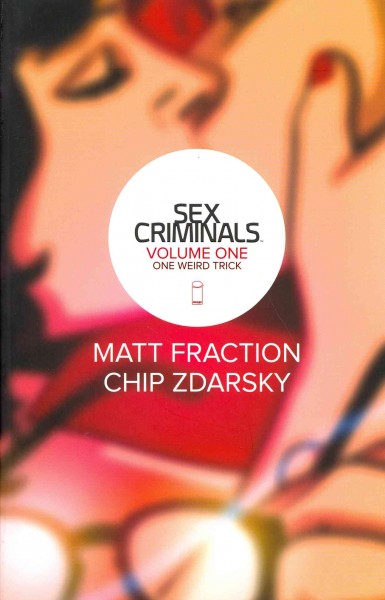 Okay, so this one is certainly a GRAPHIC novel; it is most definitely not for the modest reader, but if you can put aside your shame, you can enjoy what is one of the most inventive and clever stories I have ever seen in this form. Despite the negative fuss it caused in its original release (getting itself temporarily banned from Apple platforms, for one), this series also received high acclaim, winning itself an Eisner in 2014, with some lauding it as a work of comedic genius. I am one of those people. The premise of Sex Criminals is simple: two individuals discover that they have the ability to stop time, but they can only do so when they…become intimate…with themselves or each other. Hilarity ensues (sorry for the cliché, but it really does) when they decide to use these powers in a big way. The best comedy here isn’t the physical, but the subtle everyday things that writer Matt Fraction has his characters (drawn by the unflinching artistic hand of Chip Zdarsky) say and do on top of his absurd premise. It is gross, funny, brilliant, and I think that its first volume is worth reading.
Okay, so this one is certainly a GRAPHIC novel; it is most definitely not for the modest reader, but if you can put aside your shame, you can enjoy what is one of the most inventive and clever stories I have ever seen in this form. Despite the negative fuss it caused in its original release (getting itself temporarily banned from Apple platforms, for one), this series also received high acclaim, winning itself an Eisner in 2014, with some lauding it as a work of comedic genius. I am one of those people. The premise of Sex Criminals is simple: two individuals discover that they have the ability to stop time, but they can only do so when they…become intimate…with themselves or each other. Hilarity ensues (sorry for the cliché, but it really does) when they decide to use these powers in a big way. The best comedy here isn’t the physical, but the subtle everyday things that writer Matt Fraction has his characters (drawn by the unflinching artistic hand of Chip Zdarsky) say and do on top of his absurd premise. It is gross, funny, brilliant, and I think that its first volume is worth reading.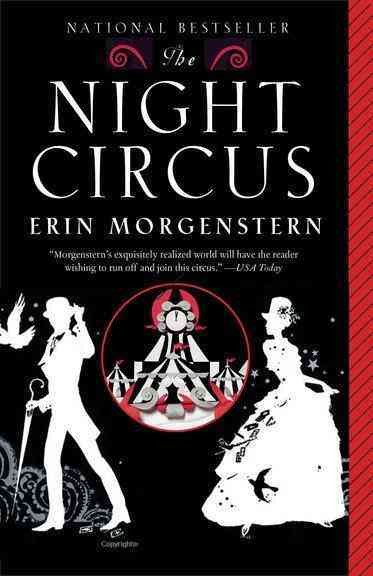
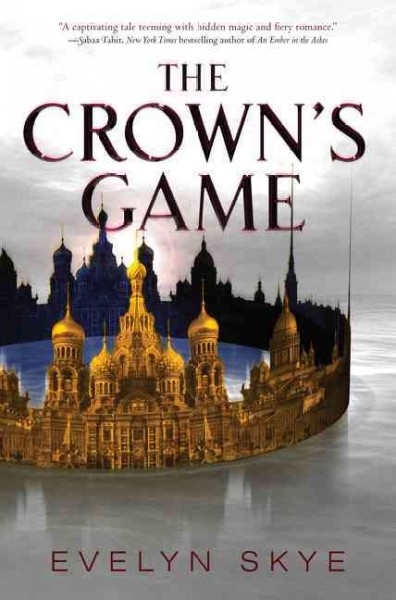
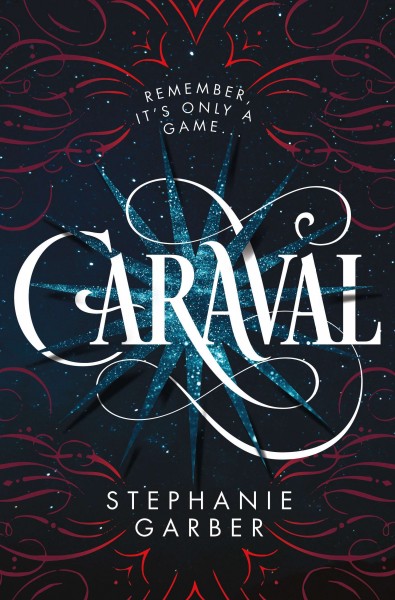
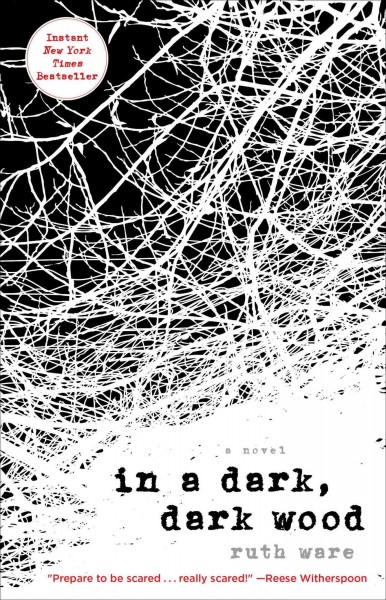 So, I have never been much of a mystery reader, but right now I can’t get enough of them. I credit Ruth Ware for this trend in my reading as of late. A customer came in wanting Ware’s first book, the 2015 mystery
So, I have never been much of a mystery reader, but right now I can’t get enough of them. I credit Ruth Ware for this trend in my reading as of late. A customer came in wanting Ware’s first book, the 2015 mystery  (And for those of you that don’t know what a “hen” is, that is what British people call a bachelorette party. Technically it is a “Hen Do.”)
(And for those of you that don’t know what a “hen” is, that is what British people call a bachelorette party. Technically it is a “Hen Do.”) Tim Gautreaux’s career has been long and prolific, spanning three novels and two collections of short stories that have established him as one of the South’s finest writers. In his latest,
Tim Gautreaux’s career has been long and prolific, spanning three novels and two collections of short stories that have established him as one of the South’s finest writers. In his latest, 
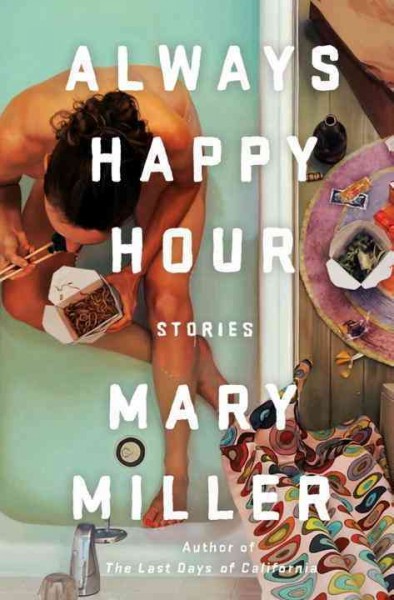 With
With 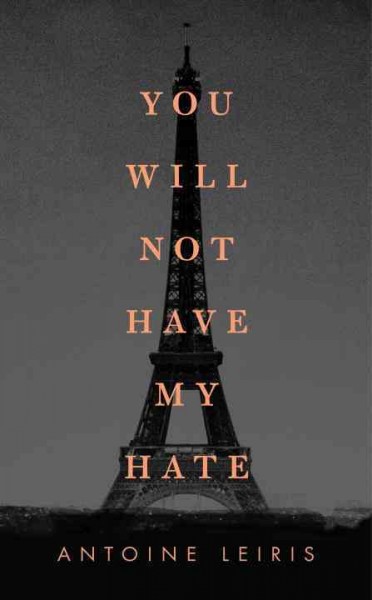
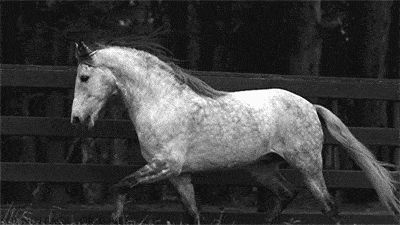
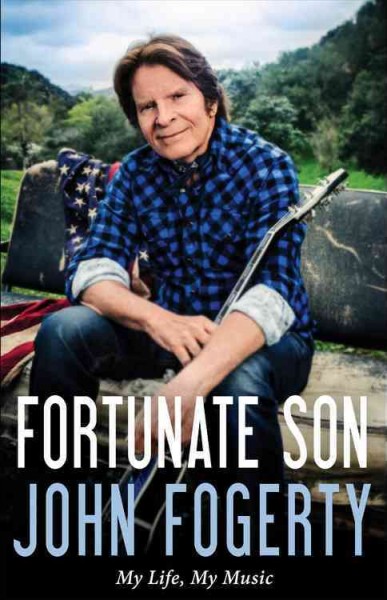 I was excited when signed copies of John Fogerty’s biography
I was excited when signed copies of John Fogerty’s biography 